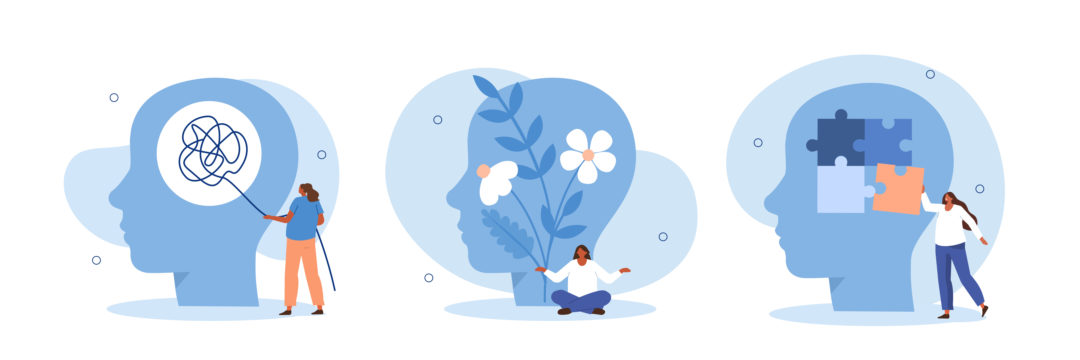The digital world has consumers more connected than ever, with 72% of people in the U.S. now using social media, according to Pew Research Center. News from across the globe distributes within minutes, influencers share their latest brand deals, strangers interact with each other by posting comments, and anything a person wants to search or discover is at their fingertips. While platforms and devices have created streams of income and positive benefits for many, for some the connectivity has had the opposite effect, further damaging their mental health. Doom scrolling, a constant influx of information, and even the blue light from devices are leaving shoppers with an inability to shut off their brain to relax and sleep at night.
Consumers are seeking sleep support
Products with health claims pertaining to sleep are up 4.6% in dollar sales with $191M in revenue, and an increase of 4.3% in units, according to latest 12-week data from SPINS. Sleep supplements specifically are up 3.9% in dollar sales and 3.6% in unit sales. Demand for sleep supplements continues to grow as shoppers realize that a good night’s sleep can alter their entire routine and improve not only their energy levels, but their heart health, blood sugar, immune system, cognitive health and weight management. Some of the most popular formats in terms of dollar sales are gummies (5%) and tablets (3.4%). Melatonin has held a long-standing reign as one of the top functional ingredients in sleep supplements with $142M in 12-week revenue, but other ingredients—including magnesium growing at 9.7% and ashwagandha at 21.4%—are pulling some of the growth away from melatonin, partially due to their popularity on social media.
Stress is on the rise
Over the last few years, consumers have had to endure a pandemic, supply chain issues, rising costs due to inflation, and job insecurity. These factors have caused them to adjust their lifestyles and daily routines several times over. Many shoppers are in a state of fight or flight as they try to navigate today’s new normal, and constantly adapt to the latest changes. All these factors, combined with normal everyday stressors, have resulted in three-quarters of adults saying their stress levels have increased, according to the American Psychological Association. Unfortunately for consumers, an increase in stress typically affects more than their mental health; it also impacts their cognitive health and their sleep health.
Growth for products with mood support health claims has increased 1.3% in dollar sales and 1.6% in unit sales, for the latest 12-week data. Subcategories experiencing the highest growth in dollar sales include flavored sparkling water (13.8%) and prebiotics and probiotics (7.9%). Similar to sleep support supplements, popular functional ingredients for mood support products by dollar sales are ashwagandha (-1.5%) and magnesium (6.8%), but other ingredients are growing in this health focus, including theanine (9.3%) and GABA (4.6%). While overall health focus growth is small, there is growth in subcategories, and with the colder months coming up and daylight savings time in effect, we can expect that these products will be in higher demand as shoppers battle seasonal affective disorder (SAD) in addition to their normal stress.
Consumers want a cognitive boost
Cognitive health can go hand in hand with both a shopper’s mood and sleep health, as they all have overlapping effects on one another. A lack of sleep and unregulated emotions can impact cognitive performance, negatively affecting problem-solving skills, reasoning, and even attention span. For the latest 12-week data, cognitive health products are growing at 2.6% in dollar sales and 1.6% in unit sales. By dollar sales, kombucha and non-carbonated, flavored water are the most popular subcategories, following the trends we are seeing with beverages being a favorite vehicle for functional ingredients among consumers. Bacopa at 16.3% in dollar sales growth and vitamin B12 at 30.5% are some of the top ingredients in this space.
The bottom line
Today’s consumers are facing stress from all aspects of their lives, and they are looking to health and wellness products to help relieve some of this stress, whether it be in the form of helping them sleep, supporting their mood, or improving their cognitive health. Shoppers are putting a focus on their mental health, as well as their physical health, and they are realizing the importance of keeping both aligned. WF











